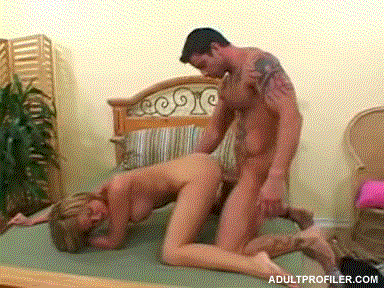Susan Davis reports on the presidential race.
In a speech today on Cuba and U.S.-Latin American policy, Barack Obama will reiterate his pledge to immediately allow “unlimited” family travel and remittances to the island if he is elected president—policies that would loosen restrictions imposed under the current administration. In the excerpts of the speech provided by the campaign, the Illinois senator does not address easing or lifting the trade embargo.
“It’s time to let Cuban Americans see their mothers and fathers, their sisters and brothers. It’s time to let Cuban American money make their families less dependent upon the Castro regime,” the Democratic presidential front-runner is expected to tell a Miami audience.

In several, pointed critiques, Obama aligns expected Republican nominee John McCain with President Bush on Cuba and Latin American policy. Three days earlier, McCain also gave a speech on the same topic in Miami in which he criticized Obama’s foreign policy views.
The Illinois senator defends himself against McCain’s attacks that he would “sit down unconditionally” with Cuban leader Raul Castro, but he does acknowledge his position to meet with foreign leaders without preconditions.
“Now let me be clear. John McCain’s been going around the country talking about how much I want to meet with Raul Castro, as if I’m looking for a social gathering,” Obama says. “That’s never what I’ve said, and John McCain knows it. After eight years of the disastrous policies of George Bush, it is time to pursue direct diplomacy, with friend and foe alike, without preconditions. There will be careful preparation. We will set a clear agenda. And as president, I would be willing to lead that diplomacy at a time and place of my choosing, but only when we have an opportunity to advance the interests of the United States, and to advance the cause of freedom for the Cuban people.”
Obama mentions Bush almost as frequently as he mentions McCain—a broader political effort by Democrats to align the Arizona senator with the unpopular president in the general election campaign.
“I will never, ever, compromise the cause of liberty. And unlike John McCain, I would never, ever, rule out a course of action that could advance the cause of liberty,” Obama says. “We’ve heard enough empty promises from politicians like George Bush and John McCain. I will turn the page.”
Obama further attacks McCain for joining “the parade of politicians who make the same empty promises year after year, decade after decade,” and says that “you can’t take his so-called straight talk seriously.”
On Latin America, Obama says he will create and a regional energy initiative to develop alternative and clean energy sources (an unusual proposal in an area with ample oil and gas resources), and offer more development assistance to the poor. He also pledges to broaden U.S. efforts to crack down on drug trafficking, and to expand diplomatic efforts by creating a Special Envoy for the Americas in the White House and expand Peace Corps efforts in Latin America.
Obama is opposed to the U.S.-Colombia free trade deal, but he takes a somewhat softer rhetorical approach on trade in this speech that he has on the campaign trail, where both he and Sen. Hillary Clinton have been highly critical of U.S. trade policy.
“Trade must be part of the solution,” he says, “But I strongly reject the Bush-McCain view that any trade deal is a good deal. …There’s nothing protectionist about demanding that trade spreads the benefits of globalization, instead of steering them to special interests while we short-change workers at home and abroad.”















